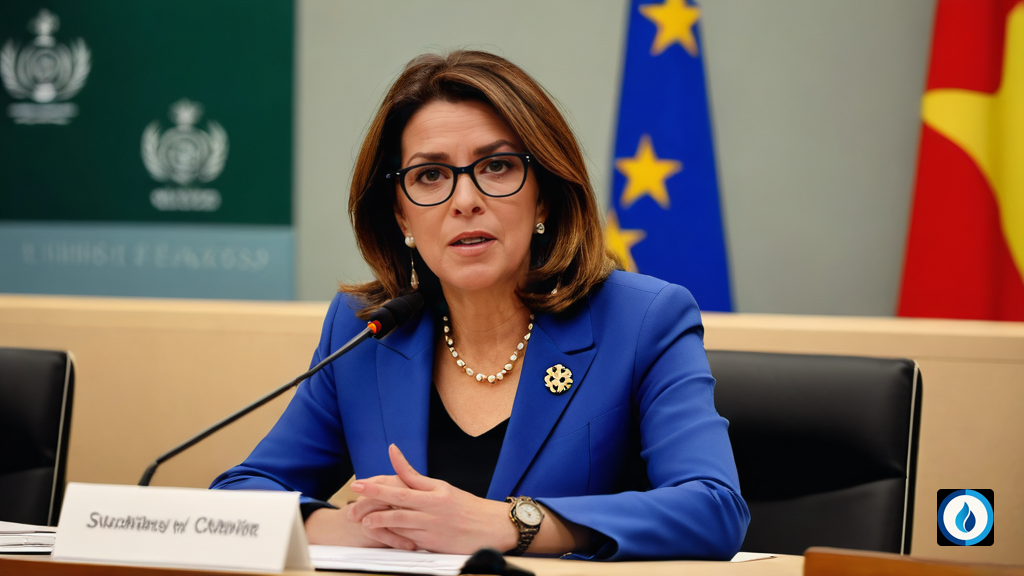An Innovative Proposal from Venice
In an inspiring setting in Venice, Health Minister Mónica García has presented a revolutionary vision to measure progress beyond the confines of GDP.
At a ministerial meeting titled ‘Reimagining an economy for resilient and healthier societies that leave no one behind’, organized by the World Health Organization (WHO) in Europe, García urged the search for a comprehensive indicator of well-being.
This indicator, according to García, should transcend mere economic growth to encompass crucial aspects such as care work and environmental preservation, essential components for the holistic well-being of society.
Current Challenges and a Call to Action
In his speech, García highlighted the multiple challenges facing the European Union, from the aging of the population to the ecological crisis and mental health.
She identified this ‘polycrisis’ as the result of an unbridled pursuit of growth, which has pushed our lives, societies and environment to the limit.
The minister stressed the importance of addressing these challenges comprehensively, recognizing their impact on both global health and the health of the planet.
A Global Commitment to Wellbeing
García called for joint action to confront urgent problems, including the need for a Pandemic Treaty that equitably protects all nations.
Furthermore, he urged a rapid transition towards more sustainable energies, stressing that the well-being of people, animals and the planet must be the top priority of governments.
A Comprehensive Evaluation of Public Policies
The minister proposed evaluating each public policy from a comprehensive well-being perspective, ensuring that both the impact on the population’s health and the environmental implications are considered.
This, according to García, would require the implementation of legislative frameworks that guarantee a complete evaluation under the concept of ‘wellbeing in all policies’.
A Strategic Collaboration for Global Wellbeing
The day concluded with a meeting between García and the director of WHO Europe, Hans Kluge, where strategic collaborations were discussed in critical areas such as Primary Care and the promotion of mental health.
Topics such as supporting healthcare professionals, combating climate change and gender equality in healthcare systems were also addressed as part of this comprehensive vision for a healthier and more equitable future.
